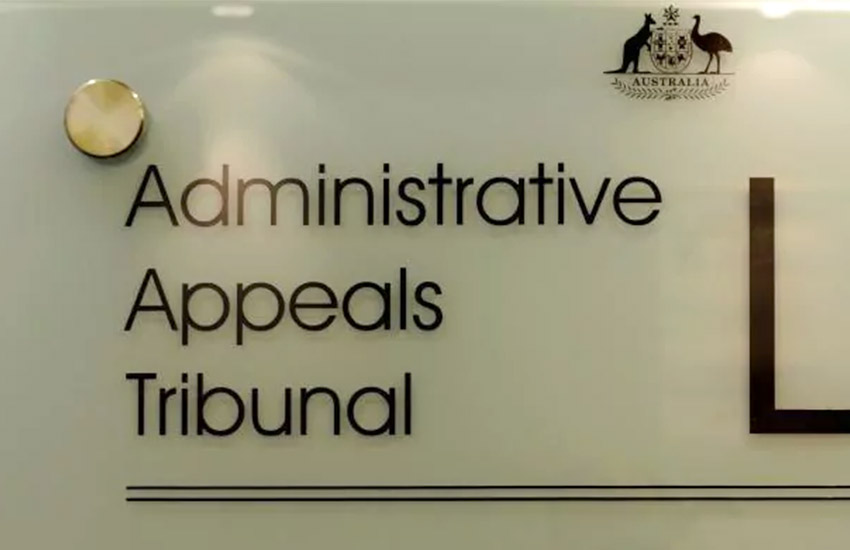Tribunal overturns auditor disqualification
SuperThe Administrative Appeals Tribunal of Australia has set aside a decision by ASIC to disqualify an SMSF auditor for auditing the fund of a family member.

In the decision Gilliland and Australian Securities and Investments Commission [2020] AATA 2660, an SMSF auditor applied to have a decision by ASIC to disqualify him as an approved SMSF auditor reviewed.
On 15 August 2018, ASIC made an order disqualifying the applicant from being an approved SMSF auditor pursuant to section 130F(2) of the SIS Act.
On 5 September 2018, the applicant applied to review the decision and on 20 September 2018 the respondent reaffirmed the disqualification. On 15 October 2018, the applicant then applied to this tribunal for a review of that decision.
From 30 October 2012, the applicant, his wife and his daughter held the positions of both trustee and a member of the Fiscal Consultants Superannuation Fund.
In his capacity as an approved SMSF auditor, the applicant undertook audits for the fund for the 2013, 2014 and 2015 financial years.
In 2016, the applicant considered the mandated requirements of the Accounting Professional and Ethical Standards Board Limited APES 110 Code of Ethics for Professional Accountants (APES 110) as they relate to membership and administration of a fund and determined that he could no longer mitigate the threats to his independence and he resigned his appointment as auditor of the fund on 3 August 2016.
In the 2015 audit plan for the FCSF, the applicant stated that the applicant’s wife and daughter were trustees of the fund; that the members of the fund were the applicant, his wife and daughter; that the wife as trustee was “actively involved in regular management of the fund”; and that the auditor was “a member of the fund with a minimal balance and little influence over the investment strategy of the fund, considered to not be an impediment to the provision of a proper review”.
In September 2017, the ATO conducted an audit of the applicant’s activities as an approved SMSF auditor.
In a letter to the ATO dated 18 November 2017 relating to his conduct in the FCSF, the applicant said that he had considered his familial relationship with his fellow trustees and the fact that he had a monetary investment in the fund and that could “create a threat” regarding the performance of his duties.
He concluded that these threats “were at an acceptable level” and proceeded with the professional engagement.
“In doing so, I applied the obvious safeguard of requiring another trustee to administer the daily operation of the fund and stepping back from the provision of other accounting recording advice,” the applicant stated in the letter to the ATO.
The applicant argued that when he took the course concerning APES 110 that he did, he held the opinion that by drawing down his financial interest in 2012–13 from almost $24,904.29 to $3,703.91, he had reduced his interest to an immaterial amount in order to comply with the provisions of APES 110 paragraph 290.105.
While deputy president Ian Hanger AM QC stated that while the applicant’s initial belief was incorrect, he did not accept ASIC’s determination that the auditor had either deliberately ignored the relevant rules concerning auditor independence or manifested ignorance of those rules.
“I am satisfied that he did neither. He did give consideration to the relevant rules but misinterpreted them,” he stated in his decision.
The AAT also considered a number of stressful life events experienced by the applicant to be relevant to the decision.
“They do not excuse the applicant’s conduct, but they assist in understanding it. The purpose of the rules is to protect the public and one factor that the Tribunal must consider is whether or not the aberrant conduct is likely to recur if he were to continue as an auditor. These stressful events were temporary matters even though they occurred over a significant period of time. They are not likely to recur,” Mr Hanger stated.
“I accept that the applicant held a genuine but erroneous belief for a period of time that he was entitled to conduct the audits because he had reduced his interest to a minimal amount and had attempted to put himself at arm’s length from decision-making processes in the fund. I accept that he resigned as auditor when he appreciated his error even though he retrospectively sought to justify his erroneous approach.”
Mr Hanger was satisfied that the applicant did not pose any risk to the public by resuming his practice as an auditor, nor would the integrity of the SMSF system be undermined in any way.




